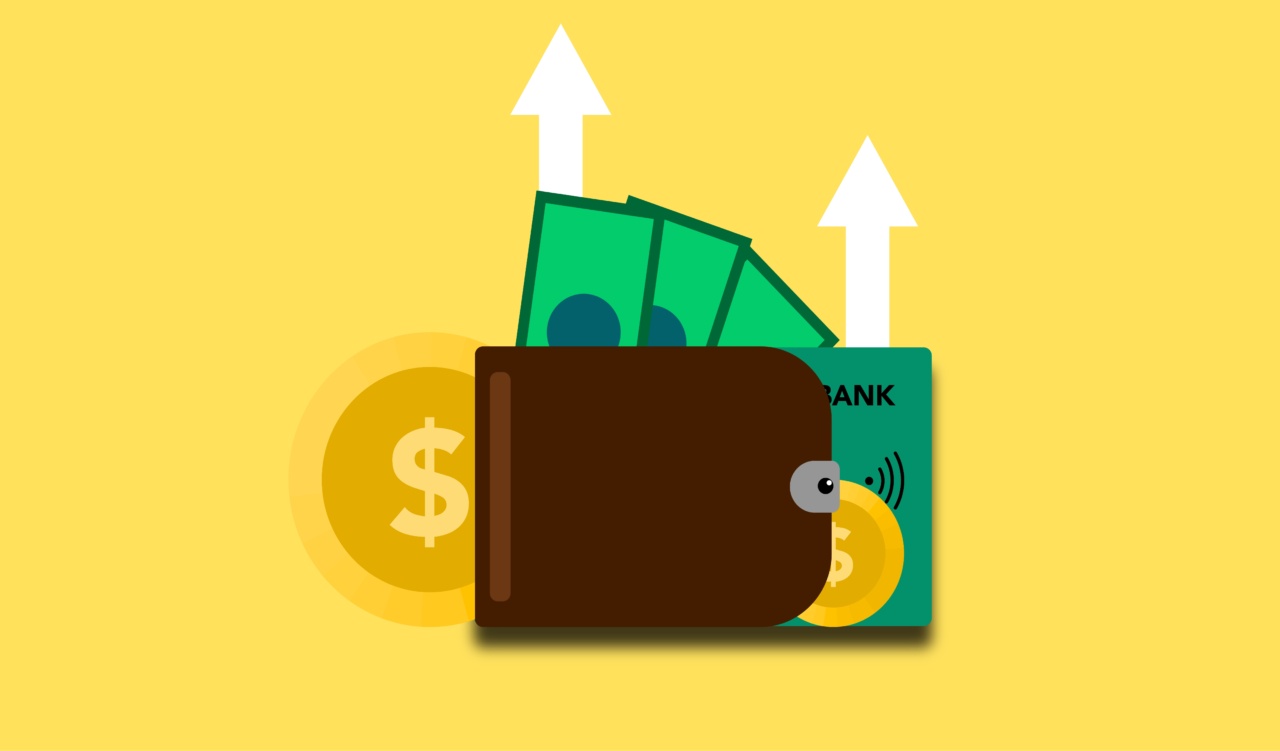As a business owner or a service provider, you might offer services that require deadlines of payments, and at times, this might seem to be a hassle and lead to tension between the service provider and the clients.
In business, it’s essential to consider customer experience and satisfaction since it has a direct influence on the revenue generated. Therefore it’s crucial for businesses to implement payment exemption strategies to benefit both customers and service providers.
What is an Implementation Payment Exemption?
Payment exemption implementation is a process of translating goods, services or monetizable means of transactions into creating options and offers that exclude service recipients or customers from paying some or all fees applicable, as long as they meet the exemption-based eligibility criteria. In other words, implementing payments exemptions enables businesses to provide their customers with an opportunity to enjoy services without having to pay some or all charges.
Examples of payment exemption implementations include late fee exemptions, early payments discounts, and preferred-client terms.
Benefits of Implementation Payment Exemptions
Customer loyalty
Implementing payment exemption strategies builds trust and loyalty between the service provider and the customers.
Customers will appreciate the privileges of not having to pay full charges, thus inevitably leading to customer satisfaction and better customer experience. In the long run, customers will remain loyal to businesses that offer such privileged benefits to the clients, hence building an ongoing business-client relationship.
Increase revenue
Contrary to popular belief, implementing payment exemption strategies increases revenue for the businesses implementing it. For instance, involving payment exemption strategy helps businesses to attract more customers, which increases sales.
Furthermore, customer satisfaction leads to repeat business, meaning that the customers are more likely to return more often to get the services they need. Ultimately, this leads to an increase in the revenue generated by the business.
Stress reduction
The implementation of payment exemption strategies such as late-fee exemptions or early payment discounts helps relieve stress on both the service provider and the customer.
For instance, the service providers may relax deadlines and reduce fees in case customers are struggling to make payments. This leads to improved peace of mind for both parties, enabling a better focus on the key business activities and creating a favorable environment for productivity.
Staying ahead of competition
Implementing payment exemption strategies enables businesses to remain ahead of their competitors in the industry.
Companies adopting such strategies tend to be more client-oriented and mindful of building long-lasting business-customer relationships, which is a vital aspect that clients consider while choosing to conduct business with a particular service provider. Businesses that do not implement payment exemption strategies may find it hard to compete against businesses that offer a variety of privilege benefits to the clients.
Attracting new customers
Service providers that implement payment exemption strategies tend to attract more clients than their competitors. People are always looking to get the best deals for their money while saving up as much as possible.
For instance, offering early payment discounts, late fee exemptions, and other payment options gives businesses a competitive advantage against other businesses that lack such payment exemption strategies. Consequently, having such a strategy may help to attract new customers, improving the growth and success of the business.
Improved cash flow
Implementing payment exemption strategies may significantly improve the cash flow of a business. Such strategies help to retain clients in the long run, and they are more likely to pay their dues, thus maintaining a stable cash flow.
For instance, payment exemption strategies help create a structure that enables long-term relationships that lead to prompt payment and improved cash flow.
Improved reputation
Service providers that offer payment exemption strategies, such as customer discounts, are generally more popular among their clients.
Offering exceptional services and privileging clients by exempting them from select fees helps to improve the reputation of a company. A good reputation leads to more clients leading to better business and growth.
Conclusion
Implementing payment exemption strategies is a viable option that businesses can use to keep up with the competition and offer exceptional services to loyal customers.
Payment exemption strategies like offering preferential payment rates, late fee exemptions, and early payment discounts can be used to draw new clients, retain current customers and improve customer satisfaction and loyalty. Besides reduced stress, business owners can achieve sustainable growth, improved reputation, and stability in cash flow. Thus, payment exemption implementation provides a win-win situation for both clients and service providers.





























